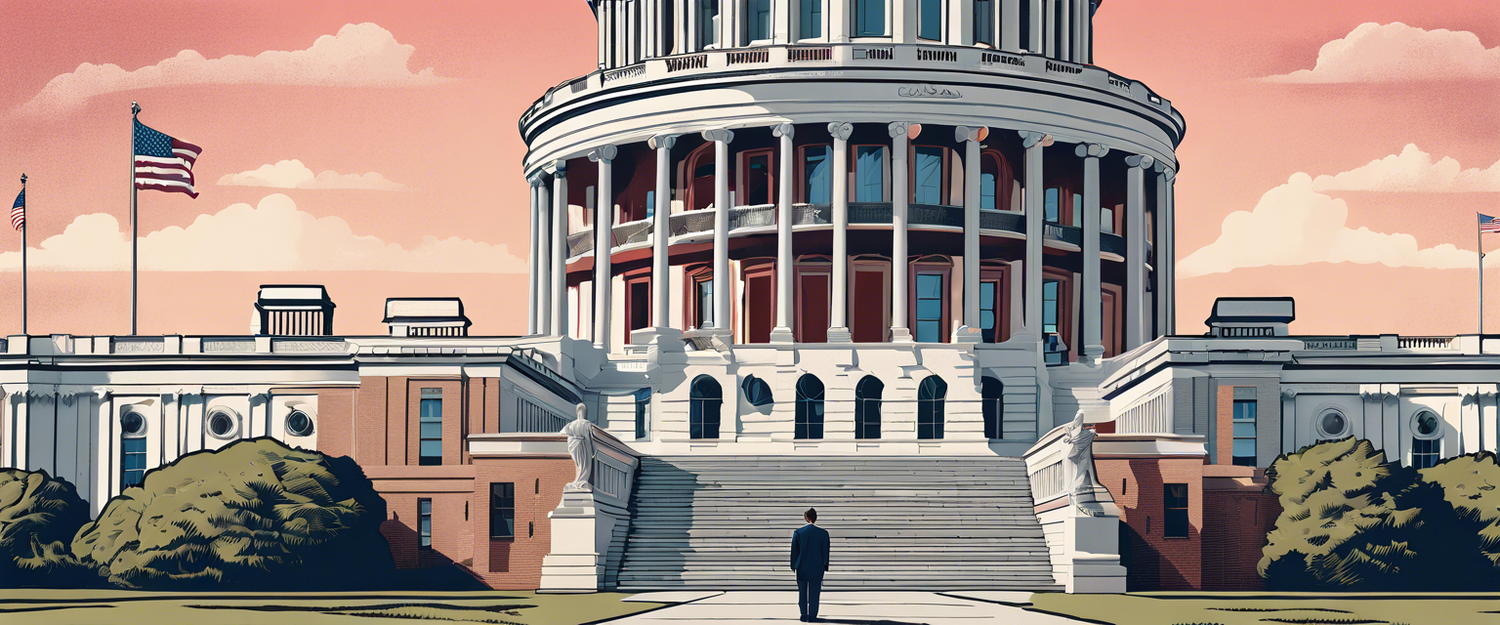Exploring the Future of Digital Asset Policy in the U.S.
Recent discussions at Permissionless III, featuring Congressman John Curtis and Utah Senator Mike Lee, have shed light on the evolving landscape of digital asset policy in the United States. Their focus was on the bipartisan efforts aimed at overturning Staff Accounting Bulletin-121 (SAB-121), which currently restricts banks from custodying cryptocurrencies.
The Importance of Bipartisan Cooperation
Congressman Curtis expressed concern regarding the delicate nature of bipartisan cooperation in digital asset legislation. He noted the importance of maintaining a collaborative effort, emphasizing that partisan divides could impede progress on regulations concerning cryptocurrencies. Curtis urged industry professionals to take pro-active steps to educate lawmakers about the complexities and variations of cryptocurrencies. This education can help alleviate concerns that might stymie innovative developments within the crypto space.
Senator Mike Lee's Perspective on Threats to Cryptocurrencies
Senator Lee articulated three primary threats facing the cryptocurrency industry:
- The creation of a Central Bank Digital Currency (CBDC) by the Federal Reserve, which could monopolize digital transactions and undermine decentralized cryptocurrencies.
- Overregulation by the federal government, potentially strangling innovation and hindering growth within the industry.
- Inconsistent regulations at the state level, which Lee famously referred to as "Death by 50 cuts"—a reference to how varying state regulations could lead to fragmented compliance challenges for businesses.
The Need for New Regulatory Frameworks
According to Lee, it is crucial to develop regulatory frameworks that are thoughtful and conducive to the growth of digital assets. He believes that cryptocurrencies should not be classified strictly as securities or commodities, as this classification limits their potential and imposes unwarranted burdens on the industry.
Furthermore, Lee proposed that capital gains on crypto transfers should not be taxed, a move that would encourage greater participation and investment in the cryptocurrency market. He concluded his remarks by advocating for minimal government intervention, enabling the crypto sector to innovate and thrive without unnecessary restrictions.
Conclusion: The Path Forward for Digital Assets
The dialogue between Congressman Curtis and Senator Lee at Permissionless III underscores the urgent need for coherent and collaborative policies that foster innovation in the digital asset space while addressing regulatory concerns. As the cryptocurrency industry continues to evolve, the advocacy by lawmakers for less restrictive governance could significantly alter the landscape, ensuring that the U.S. remains a competitive force in the global digital economy.
Industry stakeholders are encouraged to engage with policymakers and advocate for clearer, more supportive regulatory frameworks that promote growth, innovation, and consumer protection in the fast-evolving world of cryptocurrencies.



Laat een reactie achter
Alle reacties worden gemodereerd voordat ze worden gepubliceerd.
Deze site wordt beschermd door hCaptcha en het privacybeleid en de servicevoorwaarden van hCaptcha zijn van toepassing.